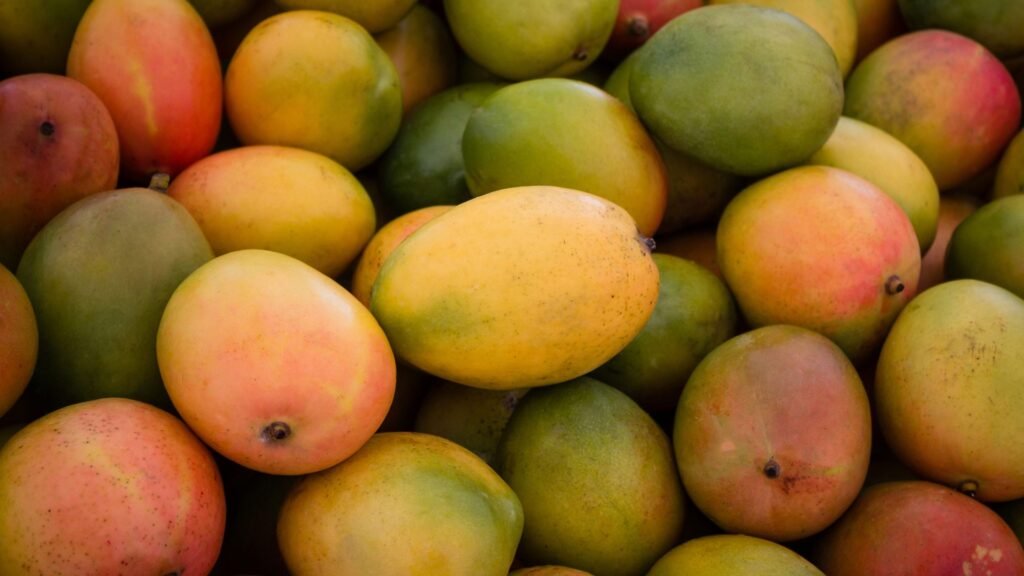Australia, Israel and India will together prepare a roadmap to increase the yield and quality of mango

Lucknow| Renowned scientists, breeders and experts in biotechnology from India, Australia and Israel will prepare a future roadmap to maintain the productivity and quality of mango at the symposium on mango (National Dialogue on Mango Improvement and Strategy) to be held on 21 September at Central Institute of Subtropical Horticulture (Allied Indian Agricultural Research Institute) Rahmankheda.
This seminar will be useful for the mango growers across the country, especially in North India, and will be most useful for Uttar Pradesh because of the maximum production of mango on it. There is a great demand for Chausa (late ripening species) and Dussehri grown in Malihabad (Lucknow) and surrounding districts of Saharanpur in western Uttar Pradesh. After the quality improvement, there is a lot of potential for their export.
Yogi government is also building an export hub near Jewar International Airport. To protect the produce of farmers cultivating fruits and vegetables, cold storage and repainting chambers are also being constructed in the markets. Central Institute of Subtropical Horticulture Director T. Damodaran said that the institute is also working in this direction through cluster approach. In this sequence, some clusters of the said two species have been formed and about 4000 gardeners have been connected to them. They are being told how they can rejuvenate their gardens older than 15 years through canopy management. With this, their yield will increase over time and the quality of fruits will also improve.
Organizing Secretary of the seminar, Ashish Yadav said that the gardeners have also received good response from the institute in fruit protection and water resistance techniques. In this the fruits are covered with paper bags. Due to this, they do not get infected with diseases and insects. There are no spots. Besides, the color of mature fruits also improves. These fruits are sold in the market at double the price at a cost of just two rupees per bag.
He told that mango is also a source of employment for lakhs of people of UP. With the introduction of fruit protection and water resistance techniques, the possibility of employment at the local level will increase further. Initially such bags came from China. Even now most of the bags come from Karnataka and Andhra Pradesh. Supply has also started from Meerut and some other cities in UP. As demand increases, these will start being prepared at the local level also. This will also provide employment. According to Ashish Yadav, common scientists from Queensland, Australia and Israel will also participate in the seminar. This seminar will prove to be guidance for scientists and gardeners.









